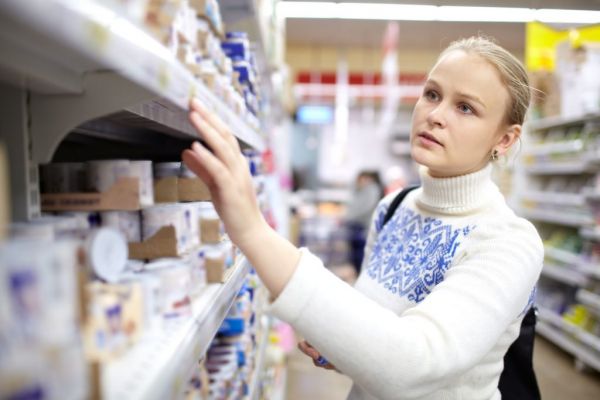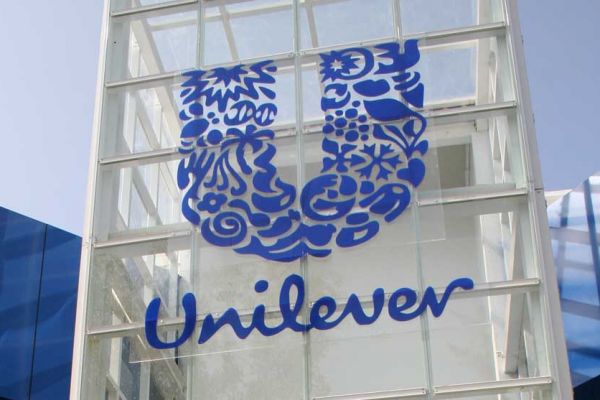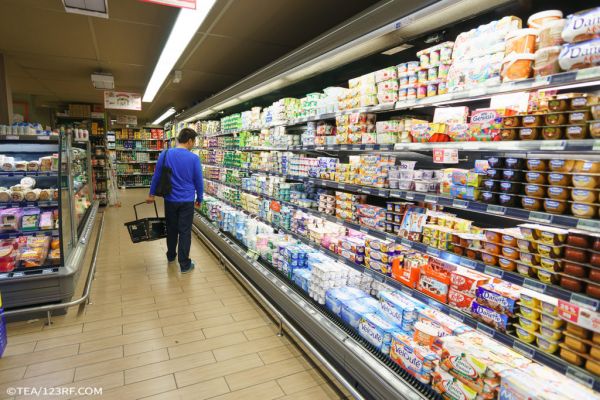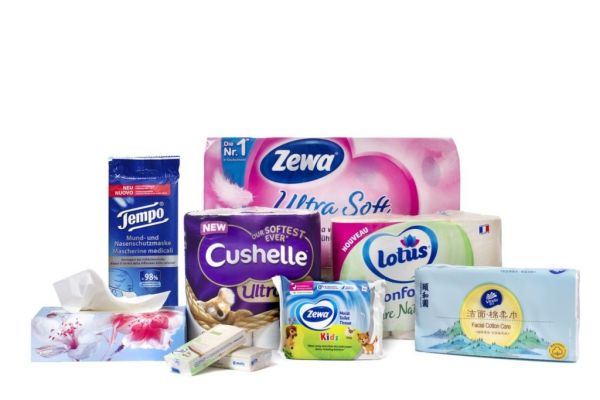Consumer staples companies such as Reckitt Benckiser and Procter & Gamble should be paying higher dividends to compensate investors for increasing levels of risk, according to the head of a fund that’s beaten 99% of peers in 2018.
Reckitt’s dividend yield of 2.8% and P&G’s of 3.4% is similar to the 2.9% on US 10-year government bonds, though these would need to be closer to high-yield debt to tempt Stephen Yiu, chief investment officer at London-based Blue Whale Capital.
The makers of products including Dettol cleaners and Gillette razors are facing increased structural pressure due to the growth of online and discount retailers, he said.
“If a company doesn’t grow, has margin pressure and has a dividend yield of 3%, that isn’t good value,” Yiu said in an interview in London. “They should be valued like risky bonds and investors should demand a dividend with a decent margin to risk-free US government bonds.”
US high yield bonds offer yields of around 6.5%, according to the ICE BofAML US High Yield Index.
Yiu’s £44 million LF Blue Whale Growth Fund has avoided buying shares in Reckitt Benckiser and P&G since launching at the end of September.
Increasing Competition
Supermarket suppliers in developed countries are hurting as grocers seek improved buying terms so they can offer lower prices in markets where shopping online and at discounters is becoming increasingly common.
Food retailers are also pushing their own private-label products, meaning big brands may have to cut prices or risk losing market share, Yiu says.
Reckitt Benckiser shares have tumbled about 30% since reaching a record high last June. Meanwhile, P&G has drawn criticism from investor Nelson Peltz, who successfully campaigned for a board seat last year.
Yiu’s fund does own shares of Unilever, which he says benefits from a larger exposure to emerging markets where the structural challenges are less prevalent.
“The locals don’t trust local brands and online shopping hasn’t proliferated as much,” he said.
News by Bloomberg, edited by ESM. Click subscribe to sign up to ESM: The European Supermarket Magazine.













